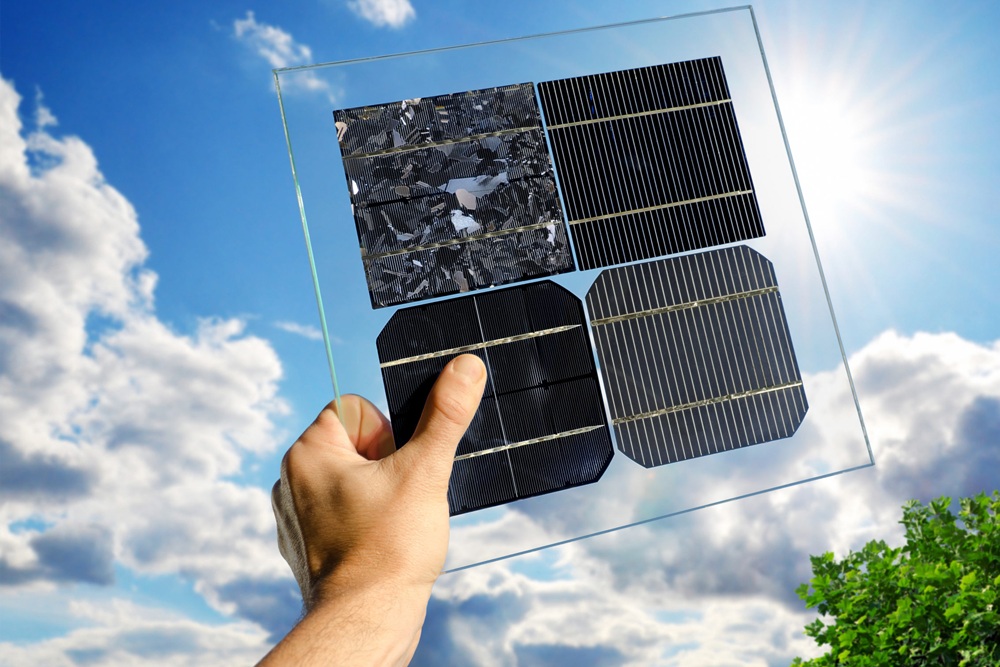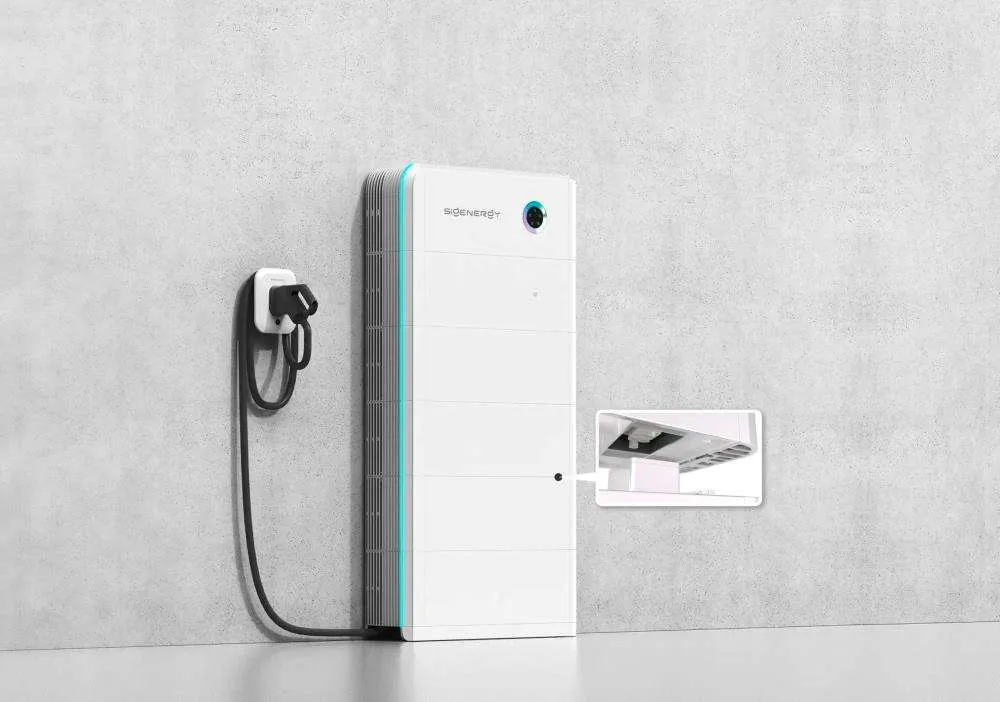If you're thinking about adding solar panels to your home, you're likely intrigued by the potential savings on your energy bills. While the financial benefits are significant, there's more to consider when making the switch—you'll also need to determine which type of solar panels best suits your needs. As climate concerns rise and fossil fuels dwindle, understanding solar technology is more crucial than ever. In this concise guide, we will explore:
- How Solar Cells Work: Uncover the science behind converting sunlight into electricity.
- Materials Used: Learn about the materials that make solar cells efficient.
- Types of Solar Cells: Compare the different solar cell types available on the market.
- Efficiency Factors: Discover what affects solar panel performance.
- Selecting the Right Solar Panels: Get tips on choosing the best solar panels for your home.
- Empower yourself with the knowledge to make informed decisions about solar installations, optimising your energy output and maximising economic returns.
Whether you're aiming to slash your electricity costs or contribute to a greener planet, this guide is your roadmap to navigating the solar energy landscape confidently. Ready to go solar? Dive in and start your journey towards a sustainable future today.
Unveiling the Powerhouse: A Look at Solar Cell Technology
- The Photovoltaic Effect: At the heart of solar cell technology lies the photovoltaic effect, a phenomenon that converts sunlight directly into electricity. When photons from sunlight strike the surface of a solar cell, they excite electrons, creating an electric current. This process is the fundamental principle behind the operation of all solar cells.
- Semiconductor Materials: Solar cells primarily rely on semiconductor materials, with silicon being the most widely used. These materials have unique properties that allow them to absorb sunlight and convert it into electrical energy efficiently. Silicon-based cells, including monocrystalline and polycrystalline types, dominate the market due to their balance of efficiency and cost.
Exploring the Solar Cell Landscape: Key Types and Their Efficiency
Here's a breakdown of the most common solar cell types:


Additional Solar Cell Types
Emerging technologies such as perovskite and organic solar cells are gaining attention for their potential to offer higher efficiencies and lower production costs in the future. These technologies are still in the development stage but show promise for significant advancements in solar energy. Refer to this article to explore the top companies known for providing maximum efficiency in solar panels.
Optimizing Performance: Factors Affecting Solar Cell Efficiency
Several factors affect the efficiency of solar cells, including:
- Sunlight Spectrum- Solar cells perform better under specific light wavelengths. Understanding and optimizing the sunlight spectrum that reaches the cells can enhance their efficiency.
- Temperature- Solar cell efficiency typically decreases as temperature increases. Proper installation and ventilation can help mitigate this effect, ensuring better performance.
- Manufacturing Quality- The quality of materials and manufacturing processes directly impacts the efficiency and lifespan of solar cells. Higher quality standards lead to more reliable and efficient solar panels.
- Shade and Dirt- Any obstruction on the panel's surface can significantly reduce its efficiency.
- Angle and Orientation- The positioning of solar panels can impact how much sunlight they capture.
Did you know?
Solar energy is the most abundant energy resource on Earth, with enough sunlight hitting the planet's surface in one hour to power the world for an entire year.
Choosing the Right Solar Cell for You: Considerations for Homeowners
Choosing the right solar panels depends on your specific needs and circumstances. Consider the following:
- Budget- Monocrystalline cells offer the highest efficiency but come at a higher cost. Homeowners should weigh their budget against the desired efficiency when selecting solar cells.
- Roof Space-Thin-film cells might be suitable for homes with limited roof space due to their flexibility and lightweight nature, allowing for more versatile installations.
- Energy Needs- Assess your average energy consumption to determine the required system size.
Practical Advice on Solar Installations
For optimal results, follow these tips when installing solar panels:
- Professional Assessment: Have a professional assess your property to determine the best installation approach.
- Quality Components: Invest in high-quality panels and inverters to ensure long-term performance and reliability.
- Maintenance Plan: Regularly clean and inspect your panels to maintain their efficiency.
Empower yourself with the knowledge to make informed decisions about solar installations, optimizing energy output and maximizing economic returns. Ready to go solar? Dive in and start your journey towards a sustainable future with Sunollo.
FAQs: Frequently Asked Questions about Solar Cells
Q1: What is the most efficient type of solar cell?
A: Monocrystalline silicon cells boast the highest efficiency.
Q2: How long do solar cells last?
A: Solar cell lifespan varies depending on the type. Typically, they can last 25 years or more.
Q4: Is solar energy a good investment?
A: Solar panels offer long-term energy savings and environmental benefits, making them a worthwhile investment.
Conclusion: Empowering Your Sustainable Future
Understanding different solar cell types and their efficiency empowers you to make informed decisions for your solar energy journey. Contact us today for a free consultation to discuss the ideal solar cell type for your home!


















